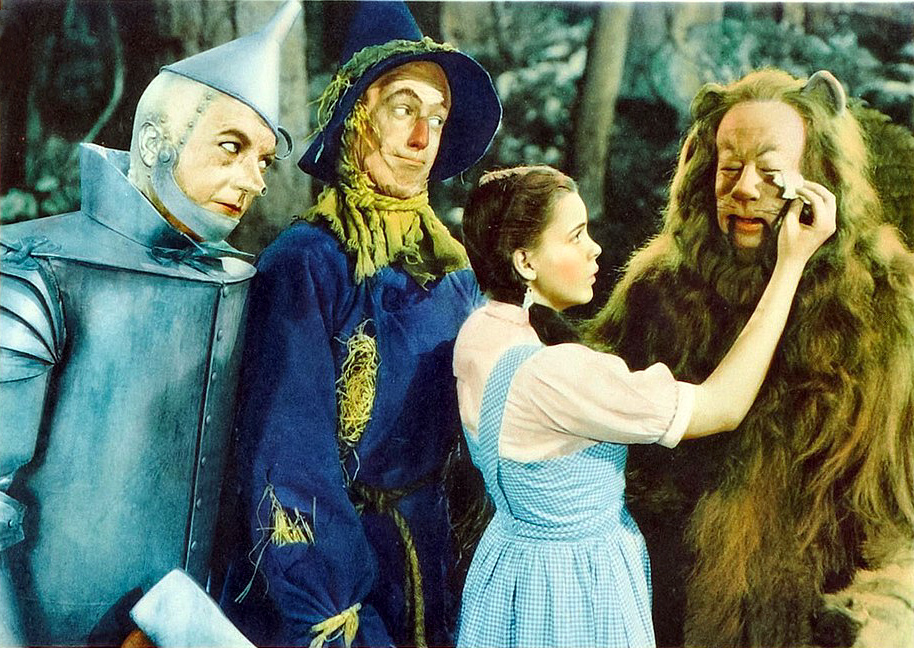Something that Anna and I both share is a love for musicals. I cannot wait till we can be in a live theatre again. Recently, I’ve been reflecting on interpretation and the stories in the bible that we hear all of the time that have become second nature to me. Are there other ways they can be interpreted? Do those interpretations bring new life to the story or provide more meaningful truth to me? One of my favorite musicals is Wicked. Wicked is told from the perspective of the witches in the land of Oz. We find out why certain characters are the way they are and why they react the way that they do.
Many times when we’re presented with stories in the bible we are given a specific interpretation of the story and the characters. Bible commentary can tell us a lot about what certain themes mean in the bible, what the characters represent, and why that would have been important to the writer and what they want the reader to know. Sometimes it’s very obvious and other times we have to rely on biblical scholars for interpretation. But sometimes that interpretation is up to the readers to wrestle with. Do we welcome the stranger, the uncomfortable, and the different? How do we care for people? What about the planet?
Interpretation can be widely debated and it can be deeply personal. Sharing thoughts and interpretations and deeply held beliefs can feel scary for a lot of people. The first bible study I ever went to I only spoke a few times because I thought that everyone must know more than me. I was there to learn from other people so I didn’t think my ideas held much weight. This all changed when during one of the bible study sessions the facilitator brought in a poem. I offered many counter points to people’s interpretations and was able to bring my own interpretation into the conversation. After that session, the facilitator asked me why I didn’t feel comfortable offering the same vigor to bible passages. “What if I’m wrong?” I asked. I wasn’t that comfortable with the bible and I didn’t want to appear to be dumb. She responded with, “What if you’re right?” She was pushing me to be more vocal, to bring up the themes that I saw, and talk about empathizing with characters not usually heard or fully understood.
Every character is important and has a story to tell. It might not be written in black and white with a little bit of red and held as Gospel, but each character has a role. This is true in musicals and the stories of the bible. I think it is important for all of the story to be studied and interpreted so that we can have a fuller understanding of how the text relates to us today. Who do we identify with? Who do we think needs more study? How does that affect how we see ourselves in these stories?
The first time I saw The Wizard of Oz as a kid it terrified me. I didn’t like the witch, the flying monkeys, and I didn’t understand the purpose of some of the characters. However, watching Wicked gave the story of The Wizard of Oz more breath and life to me. I found myself relating to characters I didn’t think I liked. People’s interpretations of scripture and how it relates to their life is an important part of one’s spiritual journey. It allows people to see themselves more clearly in the gospel and like my bible study facilitator said, “What if you’re right?”
Labyrinth is open to hearing many interpretations of scripture. During our bible studies, we often hear, “I never thought of it this way before.” Having students at different places in their spiritual journeys and from different denomination interpretations helps our students decide for themselves what scripture means to them and where they find biblical themes in their own stories today. These all can have different interpretations and they make the biblical stories offer more for our lives today.



